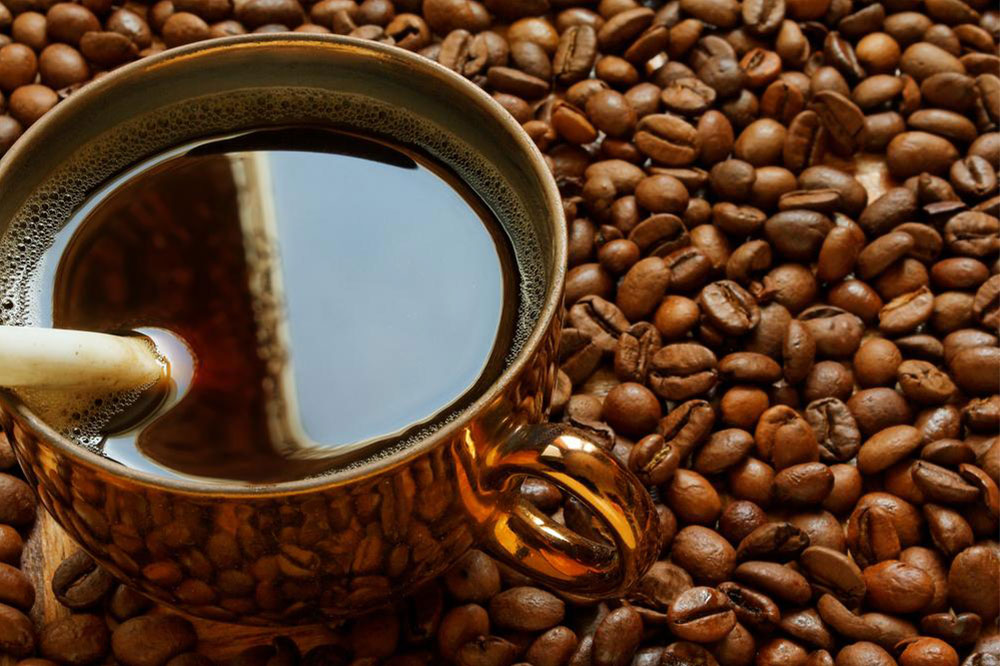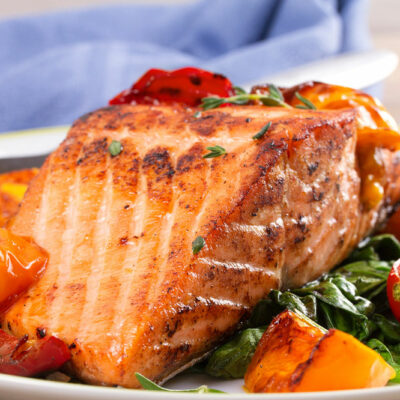
Dietary Tips to Effectively Manage PAH
Pulmonary arterial hypertension (PAH) is a progressive disorder in which high blood pressure starts affecting the arteries in the lungs and right side of the heart. Although there is no cure for this condition, its progression can be slowed down by following a balanced and nutritious diet. Listed below are some of the many dietary tips that can be followed to effectively manage PAH.
Reduce salt intake
Limiting your salt intake is one of the best ways to control your blood pressure. Along with cutting back on your consumption of table salt, make sure to completely eliminate processed foods from your diet as they are high in sodium content and preservatives that can be harmful for PAH sufferers.
Limit fluids
It is advisable for PAH patients to restrict their fluid intake. Consuming more than two liters of fluids per day can cause fluid retention in the body, which further puts pressure on the heart.
Increase iron intake
Studies have shown that the disease is aggravated due to lack of iron in the body. Hence, it is crucial to consume red meats and leafy greens. Additionally, vitamin C-rich foods, such as tomatoes, bell peppers and broccoli, increase the body’s ability to absorb iron.
Relieve nausea
Many people suffering from PAH complain that certain medications and treatments make them nauseous. To ease this side effect, it is advisable to consume smaller meals and limit the intake of high-fat foods.
Consume garlic
According to various reports, garlic can help control symptoms of PAH. Allicin, a compound present in garlic, assists in reducing blood pressure. Adding a few cloves of garlic to everyday meals can go a long way.
Maintain adequate levels of vitamin K
Another way in which PAH can be tackled is by maintaining consistent levels of vitamin K in the body, as it affects the way in which blood thinning-medicines work. Vitamin K is found in abundance in green leafy vegetables.
Avoid stimulants
Regulating blood pressure is critical to managing PAH and preventing its symptoms from worsening. For this reason, it is recommended to avoid stimulants like tea and coffee, which can be replaced by non-caffeinated drinks, such as herbal teas, to relax the body.
Maintain a food journal
Maintaining a food journal is equally essential. This will help keep a track of foods that tackle the condition and those that escalate it. It also works as a reference tool for the doctor to monitor the patient’s diet and suggest changes.
To lead a better life while coping with PAH, it is imperative to make certain alterations in one’s lifestyle, including diet. The dietary tips mentioned above can help bring about stability in health and also boost energy levels.


